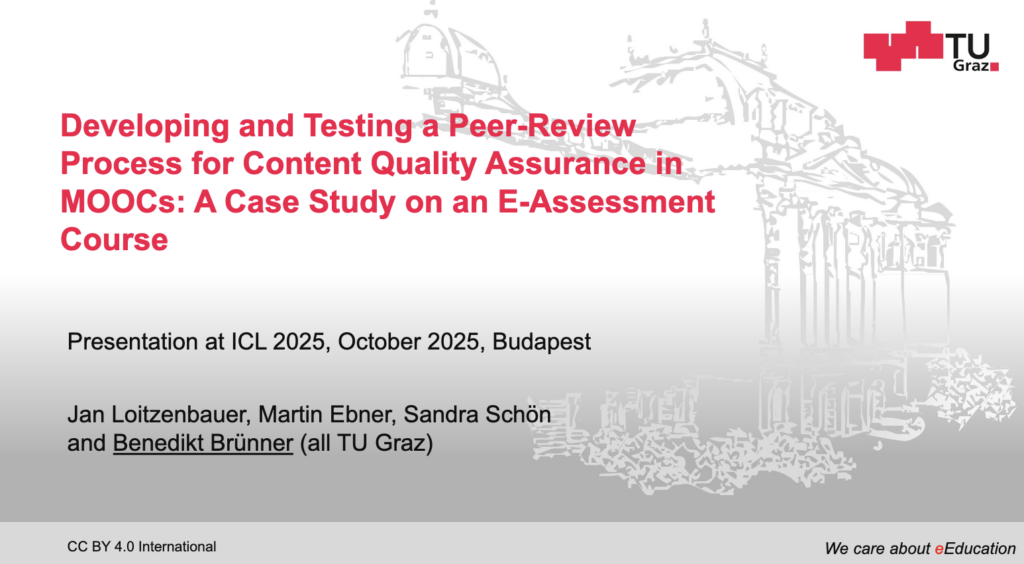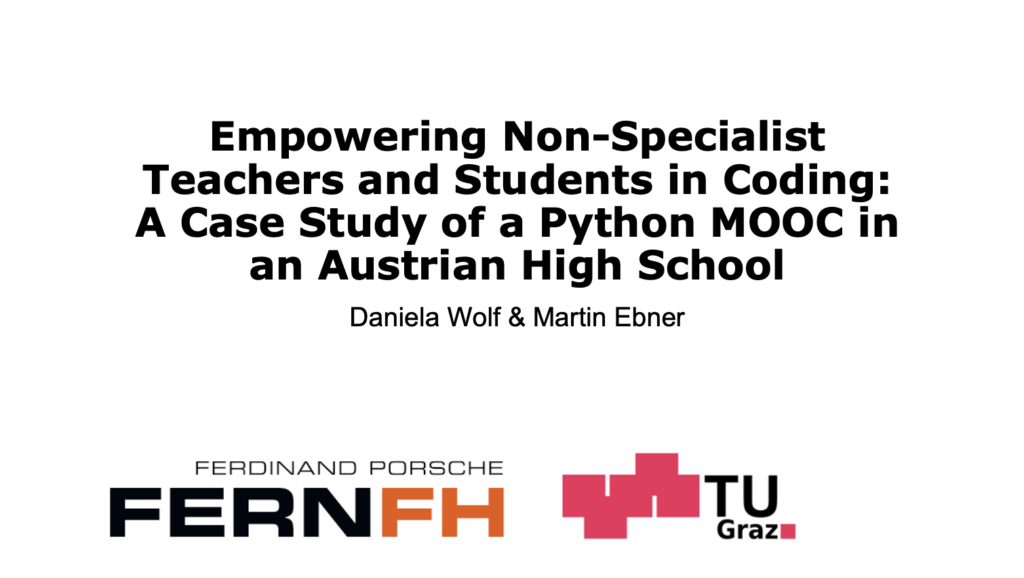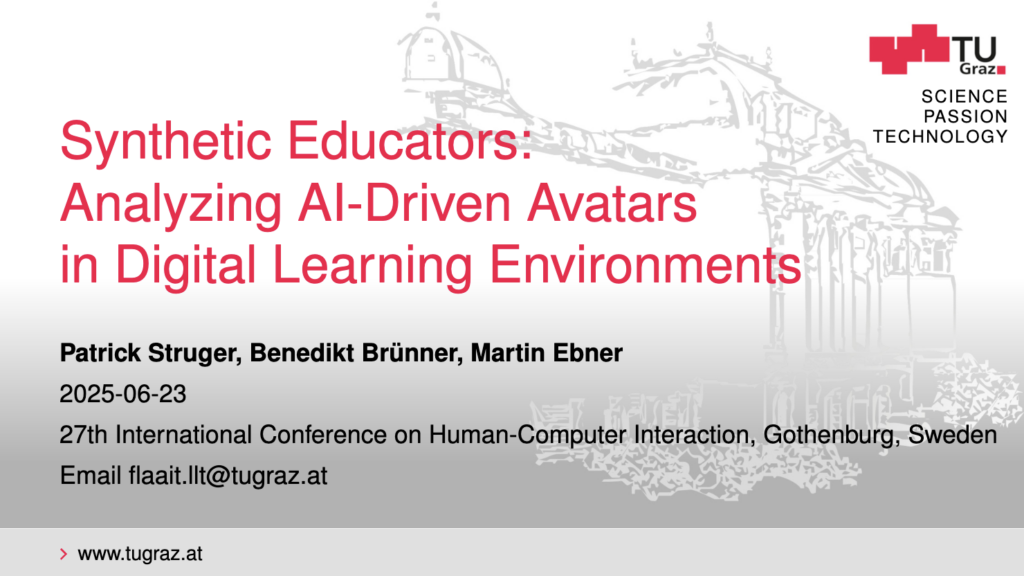Our publication titled „Open Educational Resources in Ukraine: Current Status and Future Directions“ was published at this year’s ED-Media conference in Barcelona, Spain.
Abstract:
This study investigates the current landscape and perceived need for Open Educational Resources (OER) in Ukraine. A comprehensive literature review and analysis of national and international sources was undertaken, and the research identified key benefits of OER, such as affordability, accessibility, and adaptability. The relevance of these benefits in the context of Ukraine’s ongoing digital transformation and crisis conditions was also explored. Survey data and academic initiatives indicate a growing interest in OER among educators and librarians, although awareness and implementation remain uneven, particularly in rural areas. Barriers such as limited digital infrastructure, low digital literacy, and lack of familiarity with licensing were also identified. The study draws upon successful practices from Austria and Germany, emphasising the need for coordinated national strategies, policy development, and educator training. While the research does not confirm a universal demand for OER, it shows clear potential and interest, laying the groundwork for future empirical studies to assess the educational impact of OER implementation in Ukraine.
[draft @ researchgate]
[full version @ conference website]
Reference: Andriichenko, Y., Ebner, M. & Schön, S. (2025). Open Educational Resources in Ukraine: Current Status and Future Directions. In T. Bastiaens (Ed.), Proceedings of EdMedia + Innovate Learning (pp. 1034-1043). Barcelona, Spain: Association for the Advancement of Computing in Education (AACE). Retrieved May 26, 2025 from https://www.learntechlib.org/primary/p/226255/.





